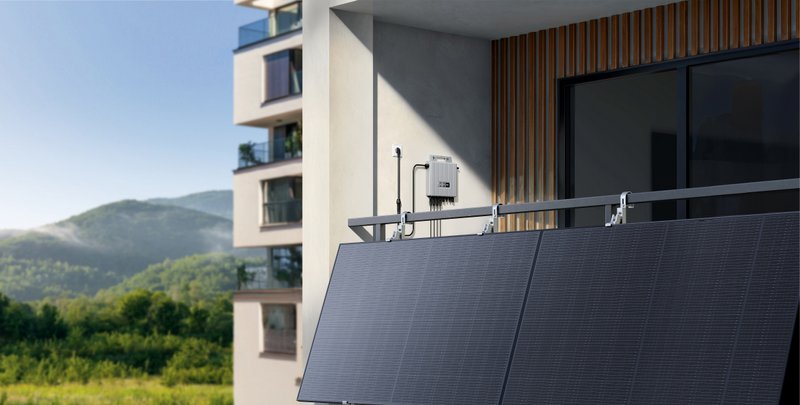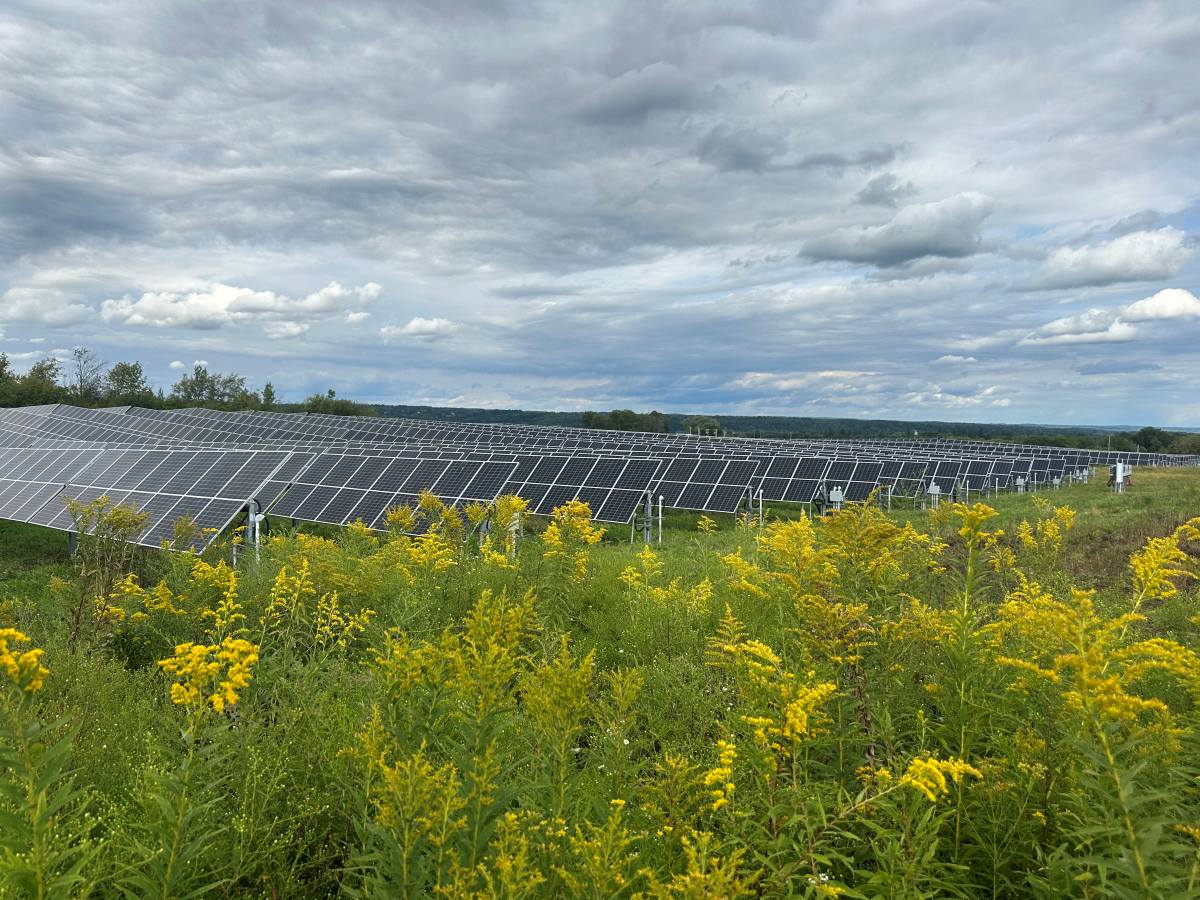Solar, Wind Provide 100% of All New US Electricity in September
According to the latest “Energy Infrastructure Update” report from the Federal Energy Regulatory Commission’s Office of Energy Projects, 433 MW of new electrical generating capacity was added in the United States in September — all from solar and wind sources. The total consisted of five wind projects totaling 300 MW and 18 solar projects totaling 133 MW.
 For the first nine months of 2012, 77 wind projects (4,055 MW), 154 solar projects (936 MW), 76 biomass projects (340 MW), 7 geothermal projects (123 MW), 10 water power projects (9 MW) and 1 waste heat project (3 MW) have come on-line. Collectively, these total 43.8 percent of all new generating capacity added since the beginning of 2012. By comparison, new natural gas capacity additions since January 1, 2012 totaled 61 projects (4,587 MW) or 36.8 percent while 3 new coal projects added 2,276 MW (18.3 percent). Nuclear and oil represented just 1 percent and 0.1 percent of new capacity additions respectively.
For the first nine months of 2012, 77 wind projects (4,055 MW), 154 solar projects (936 MW), 76 biomass projects (340 MW), 7 geothermal projects (123 MW), 10 water power projects (9 MW) and 1 waste heat project (3 MW) have come on-line. Collectively, these total 43.8 percent of all new generating capacity added since the beginning of 2012. By comparison, new natural gas capacity additions since January 1, 2012 totaled 61 projects (4,587 MW) or 36.8 percent while 3 new coal projects added 2,276 MW (18.3 percent). Nuclear and oil represented just 1 percent and 0.1 percent of new capacity additions respectively.
The new renewable energy generating capacity added in 2012 represents a 29 percent increase over the level recorded for the same period in 2011. Renewable energy sources now account for 14.9 percent of all installed U.S. electrical generating capacity.
The FERC report follows the earlier release of the most recent “Electric Power Monthly” report by the U.S. Energy Information Administration which finds that non-hydro renewables accounted for 5.4 percent of net electrical generation for the first seven months of 2012 – a level nearly double that recorded in 2008 (the year immediately before the Obama Administration took office). Combined with conventional hydropower, renewable energy sources for the period January 1 – July 31, 2012 accounted for more than 13.0 percent of net U.S. electrical generation.
“The remarkable expansion of renewable energy’s contribution to the nation’s electrical supply reflects continuing declines in costs, the impact of state renewable electricity standards, and the mix of tax and other incentives provided by the federal government,” said Ken Bossong, Executive Director of the SUN DAY Campaign. “Particularly in light of the declining role of coal and the recent decision to close the Kewaunee nuclear reactor in Wisconsin, proposals to scale back on investments in renewable energy appear to be particularly short-sighted and unwarranted.”





Comments are closed here.